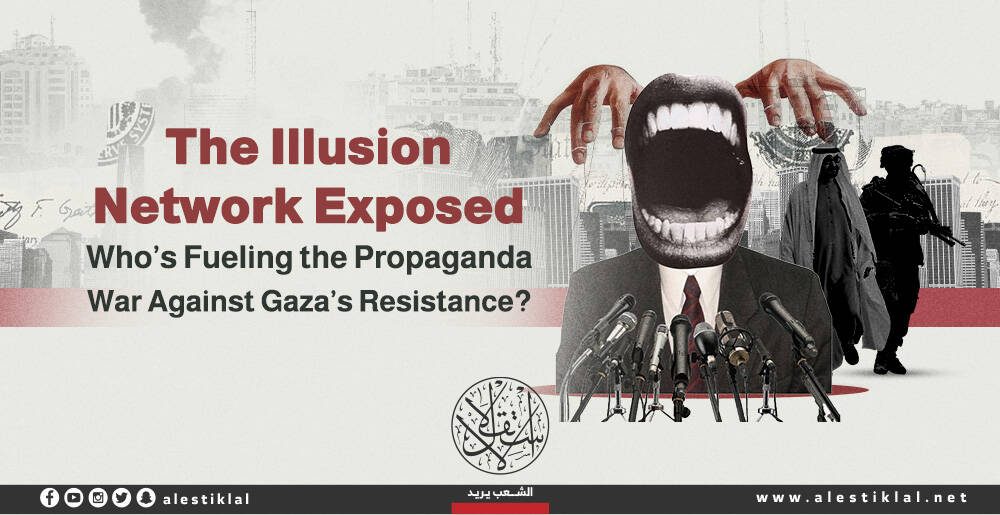The French Parliament Worsens Its Already Strain Relation With Morocco

In a report, the Moroccan newspaper, Hespress, said that the French Parliament aggravates the "coolness" of relations with Morocco by receiving representatives of the Polisario Front.
The French Parliament received the representative of the separatist organization Polisario Hamad Sedati and Sultana Khaya without presenting any official agenda highlighting the type of deliberation between them.
The separatists were received inside the French parliament building by the representative Jean-Paul Lowcock and continued their tour in French homes for a week to present seminars and meetings with French associations and politicians.
Moroccan-French relations are going through a severe frosty phase, especially after the visa crisis and Macron's visit to Algeria. It is expected that the French Parliament's openness to the elements of the Polisario will worsen the inter-relations.
Contrary to the norm, this time, the reception did not come from left-wing parties but from Jean-Paul Lowcock, who is affiliated with the Rally for the Republic. He had a right-wing background during the beginning of his political career in France in 2002.

Deep Crisis
Analyst and researcher in Sahara affairs, Nofal Bouamri, was surprised by the reception of the separatist Sultana Khaya by the French, especially since she has since settled in Spain and has been prohibited from carrying out any activity or movement hostile to Morocco.
Hisham Motadid, a researcher in international relations, considered that the reception of the Polisario delegation by a president and a deputy in the French Parliament translates France's unwillingness to overcome the silent diplomatic crisis with Morocco.
Motadid added, in a statement to Hespress, that the Elysee Palace has not hesitated in the recent period to give incomprehensible signals diplomatically in managing its foreign policy with the Maghreb region by building diplomatic channels with some of the Maghreb regional components at the expense of traditional balances and political relations for France in the region.
The same spokesman stated that Macron's visit to Algeria, coinciding with the reception of Kais Saied to Ghali, in addition to the Elysée's silence regarding the chill in Moroccan-French relations, and his political and administrative openness towards Tunisia, Mauritania, and Algeria, is explained by France's attempt to pressure Morocco in an indirect way.
Motadid considered that "French political decision-makers have not yet understood that the strategic measure of the Sahara file is no longer confined to gray diplomatic positions or open for political blackmail because the international community has come to consider the file a central issue directly related to regional security."
The same analyst added that French politicians, who have been working lately to provoke Morocco politically and diplomatically, cannot accept that Morocco no longer accepts ambiguity in its relations with it, especially regarding the Sahara issue.
Motadid called on France to adopt a clear, explicit, and pragmatic international stance, similar to the American stance, away from some ambiguous words that no longer have political and diplomatic weight in international relations.

International Context
In an opinion article published by Asharq al-Awsat newspaper, the former minister Lahcen Haddad indicated that the position of France, a traditional ally of Morocco, which also has strong relations with Algeria (despite the many bumps that arise from time to time in the face of these relations) is complex. During the era of President Emmanuel Macron, the matter has become more complicated because it is betting on a historic reconciliation with Algeria.
Lahcen Haddad said that the American and Spanish positions in support of the Moroccan Sahara turned the balance of power upside down, which facilitated the mission of European, African, and Arab countries that adopted similar positions in support of Morocco's sovereignty over the Sahara.
Haddad believes that what is happening between Paris and Rabat comes against the backdrop of Morocco's escalating economic and investment role in Africa, which France does not view with satisfaction, especially at a time when its role in the West African region is facing major challenges.
It also coincides, according to Haddad, with the military and intelligence cooperation between Morocco on the one hand and the United States and Israel on the other, which is known to have an upward momentum for France, the traditional ally of Rabat.
The expert on politics, Mostapha Khattabi, told Al-Estiklal that Morocco expects France to clarify its position on Morocco's sovereignty over the Sahara, and it is the criterion by which future partnerships will be evaluated.
He noted that the message of King Mohammed VI's speech to France is that Morocco is not ready to play the role of a strategic ally for Paris without clarifying its position about Morocco's sovereignty over its Sahara.

France's Pragmatism
Morocco and France have qualitative relations at various levels. However, at a time when the new American, German and Spanish positions on the Sahara conflict are in favor of Morocco, the French positions are ambiguous. While supporting the Moroccan autonomy proposal, it does state clearly that the Sahara is Moroccan.
Rabat considers that France is holding the stick from the middle by seeking to maintain balanced relations with Morocco and Algeria alike.
The recognition by the administration of former US President Donald Trump of the Moroccan Sahara (2020) confused France and placed it in an unenviable position. Its policy is no longer acceptable, provoking the anger of the two neighboring countries.
With the outbreak of the gas crisis as a result of the Russian-Ukrainian war, the growing Russian and Chinese influence in Africa, and the escalation of hostility towards France within African societies because of its black colonial record, Paris finds it difficult to manage the repercussions of this geopolitical turmoil in the vicinity of its interests in which Morocco is a key figure on the economic and cultural levels.












